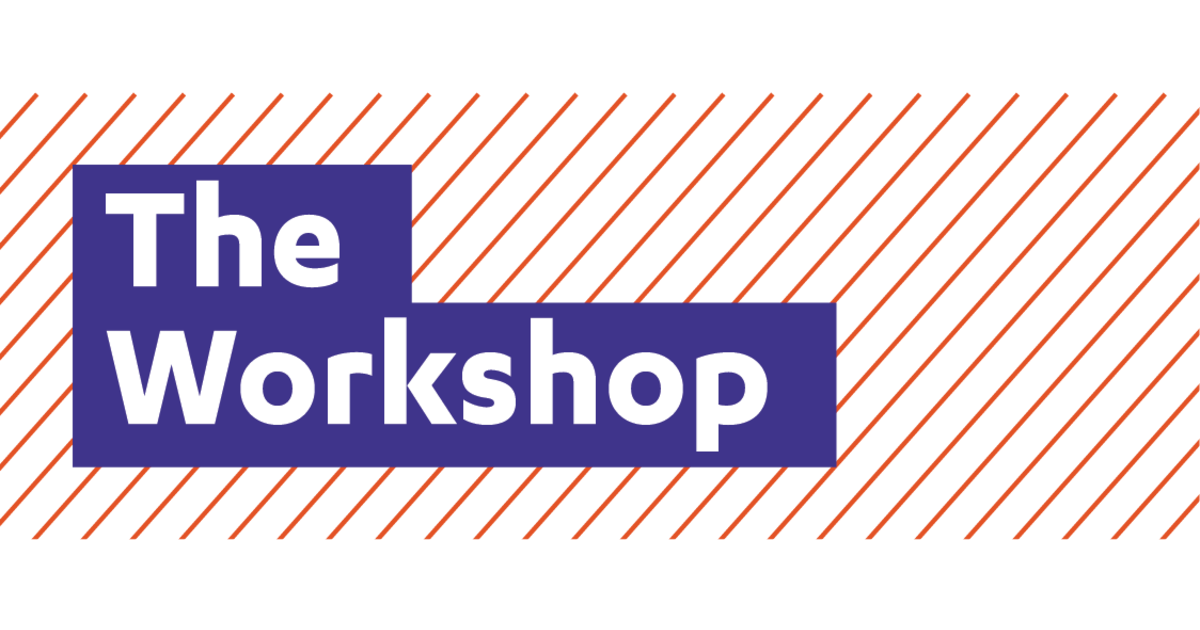Kia ora from Jess
As people in the Auckland region are again showing us what it looks like to come together as a community to stop the COVID-19 virus spreading in New Zealand, concerns about false information have risen.
No matter where we live, or who we are, false information is something we all need to prevent from spreading, especially during a global pandemic.
While our understanding of COVID-19 changes as people across the world work together to understand the virus, it is critical that people in all our communities feel confident about following science-informed advice. The spread of false information can undermine this confidence.
At the moment in New Zealand, we can take heart in the fact that people are continuing to look out for each other and follow the public health advice. This is good news. But prevention is always better than cure, especially when it comes to false information. Dealing with false information is a key part of an effective pandemic response plan.
In our How to Talk About COVID-19 guide we discussed, in broad terms, what we know about how to deal with false information.
Briefing paper for the media on false information
Last week in partnership with Te Pūnaha Matatini, we wrote a short briefing paper for the media specifically on dealing with false information and COVID-19.
In order to provide helpful advice during this time of crisis to as many people as possible, Kate Hannah at Te Pūnaha Matatini has encouraged us to make this briefing paper publically available.
In the short paper we cover:
Understanding the landscape: How misinformation spreads & how traditional media can prevent it
Basic strategies for people in media to counter misinformation
Understanding false information from the perspective of excluded groups, especially Māori
The paper can be downloaded here in the form of an accessible pdf. If you have any trouble accessing the content in the pdf, please let us know.
Further Research
Researchers at Te Pūnaha Matatini are currently analysing the prevalence of false information on COVID-19 in Aotearoa New Zealand. This will provide us with an understanding of the scale of the problem, and the nature of the false information.
Here at The Workshop we are continuing to look at the most recent peer reviewed studies on dealing with false information, to ensure the advice we give remains up to date and reliable.
Here is some writing on the issue from the past week:
Infodemic evolves as COVID-19 Returns to New Zealand by Marc Daalder canvass the issue and how to address it broadly
The Rise of Māori MAGA by Tina Ngata explores false information from the perspective of Māori
Moderating in the Age of COVID and Conspiracies Theories by Anna Rawhiti-Connell gives practical advice to community managers and moderators on their role in stopping the spread of conspiracy theories.
Get in touch with rachel@theworkshop.org.nz if you would like to talk to us about how we can help you with specific advice or do training for your team
Jess, Marianne, Sharon, Lucia and Rachel, at The Workshop
